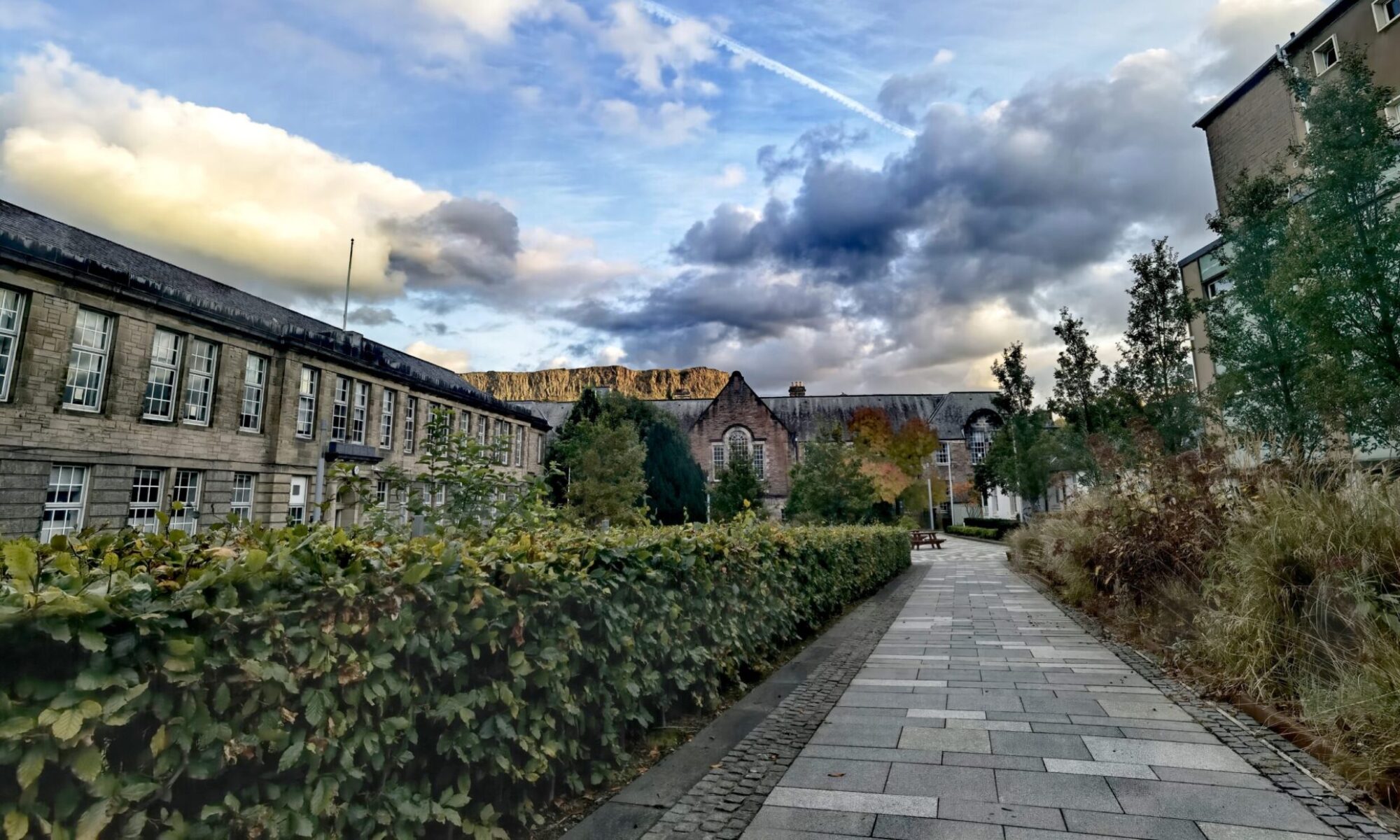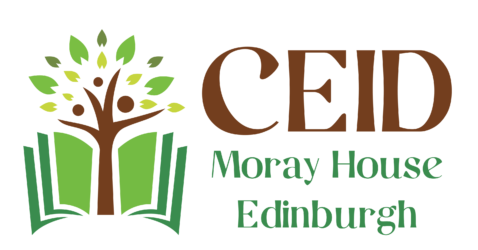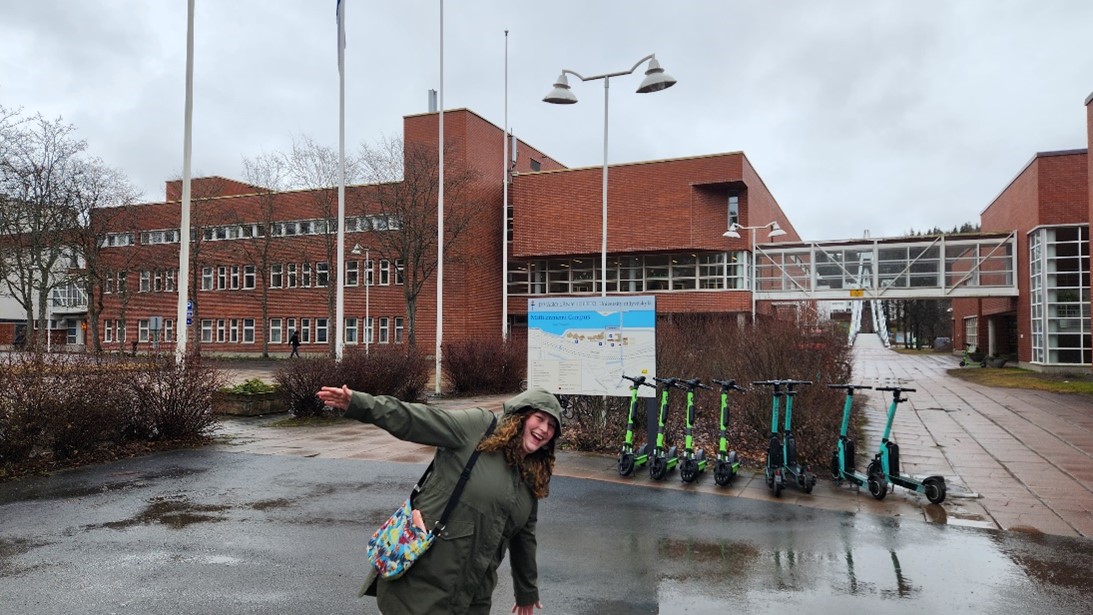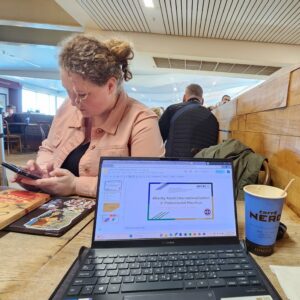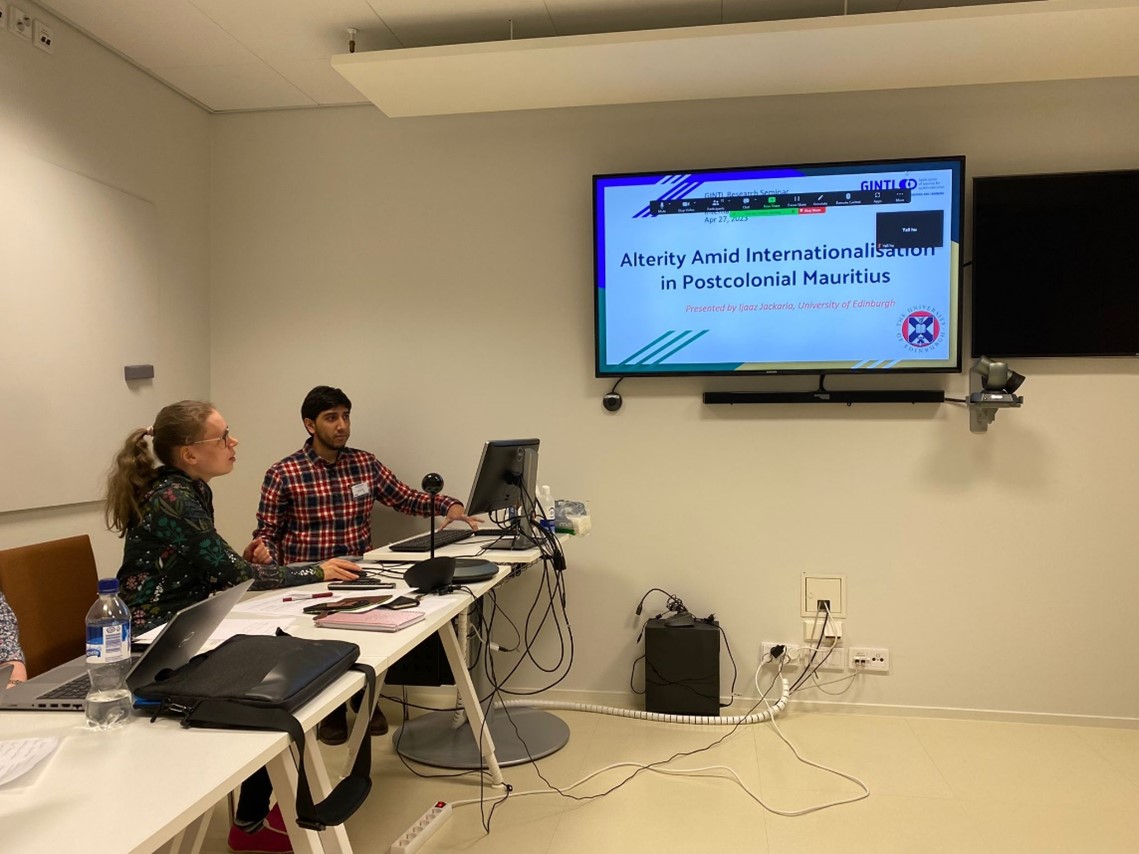
Masters students are often left behind in the world of academic research. Conferences, if open to them, often position masters students as part of the more passive audience – there to absorb knowledge – with little opportunity to share their experience and practice communicating their research. That is part of what makes the Global Innovation Network for Teaching and Learning (GINTL) events so unique. Here masters students are seen as junior researchers and provided the opportunity and support to improve their skills. Four students in our MSc in Comparative Education and International Development (CEID) took advantage of one of GINTL’s recent events, with two presenting online and two in-person in at the University of Jyväskylä in Finland. The hybrid event allowed students to share the in-process work on their master’s dissertation in a traditional academic format with other graduate students and faculty present to add comments and probing questions. Given the unique opportunity, we asked students to share advice for other master’s students that might be preparing for an academic conference. Their insights are below. You can also find Sydney Harrington’s story – with all the tech challenges, anxiety, and relief you would expect from a first-time presenter – here.
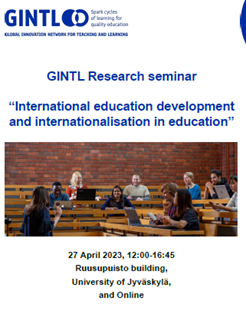
Peer Recommendations on Preparing, Engaging, and Navigating an Academic Conference
- I have five pieces of advice: (1) It’s better to be overdressed than underdressed. That being said, sensible shoes are a must. Trust me on this one, your feet will thank you. (2) Make sure your name tag is easily visible and smile when you make eye contact with people. (3) Don’t feel that you need to change who you are to fit into academia; I have a southern accent, use the word y’all in every other sentence, and speak at 150 miles per hour. It didn’t mean that I was any less qualified to be there. Trust yourself. (4) You know your research better than anyone in the room, take constructive criticism but don’t take it personally. Use what you think will be helpful and leave the rest behind. (5) Make sure you write down both people’s names and how you know them. Writing down “John Smith, GINTL, education and food presentation” is going to be a lot more helpful than just “John Smith”. – Sydney Harrington

- Practise giving your presentation. The more often you practise, the more confident you will be on the day. Also, have fun with the experience and be open to accepting any feedback from staff and peers- they may give you advice that you would otherwise not have considered! – Niamh Ni Iceadha
- When you prepare for a presentation, it’s essential to keep it brief and relevant to the theme of the conference. Don’t feel the need to convey all the details of your research; rather, focus on the core elements, e.g. your research questions, your methodology, and your findings and main arguments. – Ijaaz Jackaria
- Presenting at a seminar, online or in-person, is a great opportunity to network with peers and gain more clarity about our thoughts through interaction with scholars from the same discipline. It would be great to focus on the main parts of the research such as the research questions, methodology, and data collection methods for ongoing research. However, it is crucial to present the results/findings of the research if you are presenting a completed presentation. A good PowerPoint presentation will help you communicate effectively with the audience. – Chinchu George
